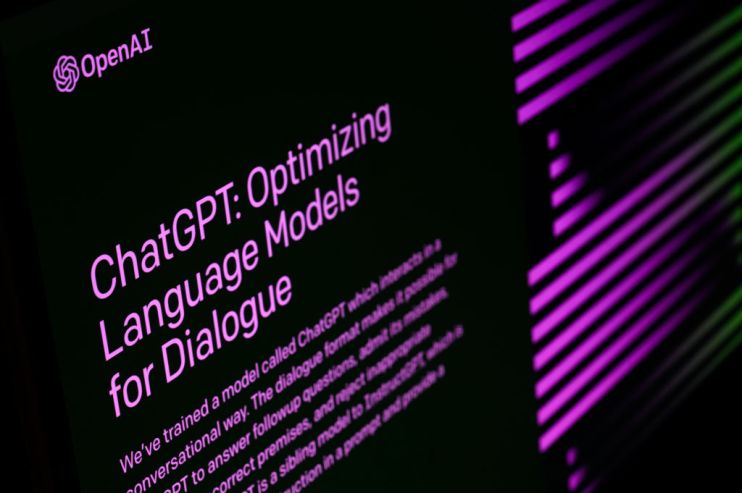We asked ChatGPT to write today’s headlines. We’d give it a B minus.

In the finest spirit of innovation, in putting together our front page today on the rise of AI in the City, we asked ChatGPT to concoct some headlines for us.
They weren’t bad. “AI revolution hits London: Robotic workforce threatens to replace human jobs” was one. “The rise of the machines: Artificial intelligence set to disrupt London’s workforce” was another. But we’d still take our night editor Anna Moloney’s “robots join the rat race” over either of those, and we trust our chief designer Billy Breton’s graphics raised a smile.
Really in our small exercise we’ve demonstrated both the potential of artificial intelligence in the workplace – and the advantage that humans still have, and in that nugget we find cause for optimism.
There is no point being a Luddite about this; artificial intelligence is well on its way, and the firms that work out how best to harness it early on will have an almighty competitive advantage. Data-driven intelligence is already around us – ask the traders who lost their jobs to algorithms.
The bright side is that the rise of artificial intelligence like ChatGPT can at least for now highlight the human qualities of intuition, flair, and creativity, too.
Innovation has been the driving force behind the City of London for centuries. We have created new technologies and new products that have displaced some jobs and created many more. In a way, artificial intelligence feels a little like working from home five days a week; you might be able to do the job, but you’ll lack a little something that can make the difference between a satisfactory result and an excellent one, or the insight that comes from a quiet chat in the kitchen with somebody in another team.
Just like hybrid working, the odds are that we’ll eventually find the balance between this new, slightly terrifying tech and the value of human interaction and ingenuity. And no, we didn’t ask ChatGPT to write this column.
